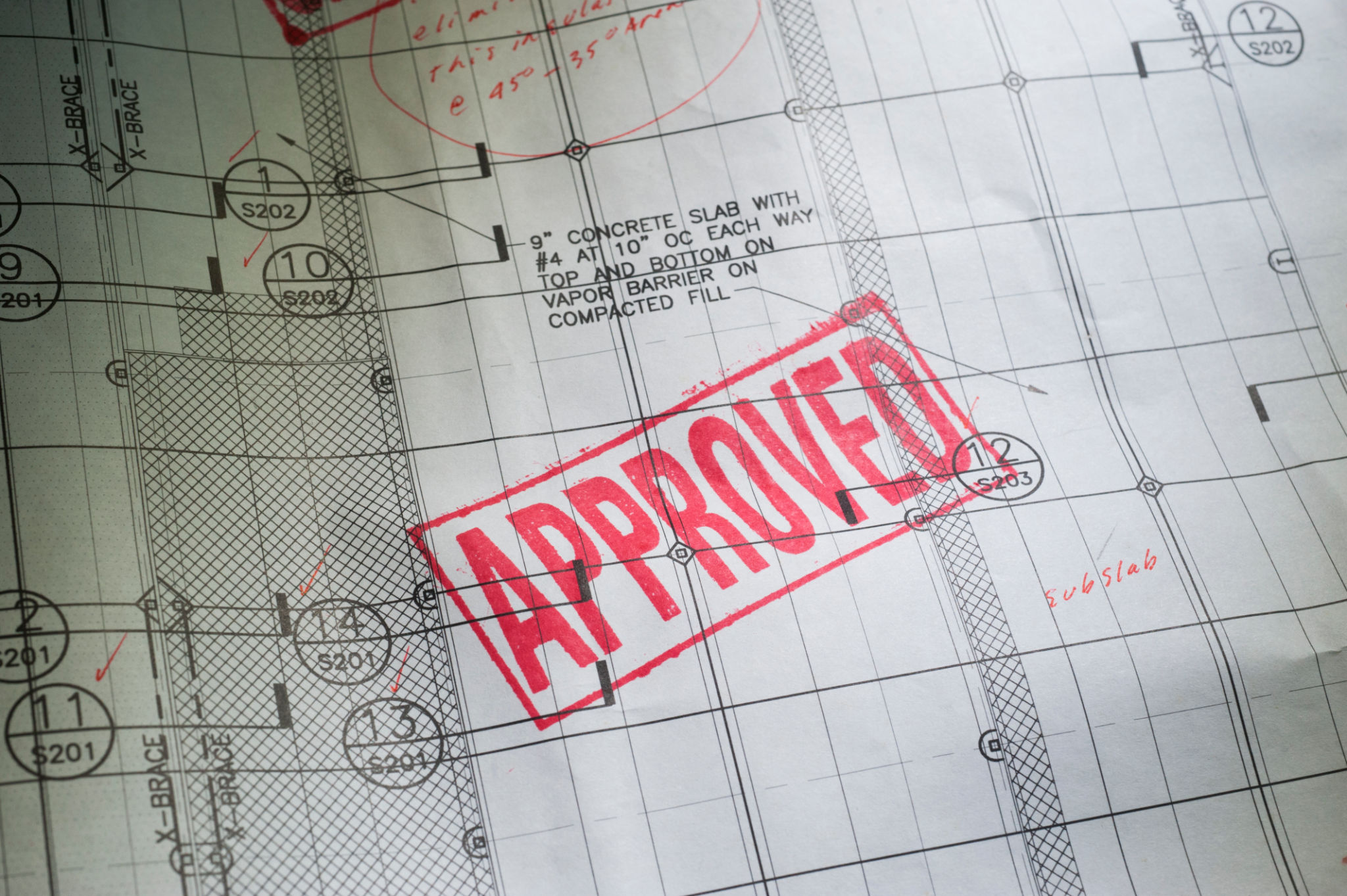Understanding the Costs of Commercial Construction Projects in Canada
Introduction to Commercial Construction Costs
Understanding the costs associated with commercial construction projects in Canada is crucial for businesses and developers. These projects can range from small retail spaces to large industrial complexes, each with its own set of financial considerations. From labor and materials to regulatory fees, there are several factors that contribute to the overall budget of a construction project.
Canada's diverse regions also mean that costs can vary significantly depending on location. Urban centers like Toronto and Vancouver often see higher expenses compared to rural areas due to increased demand and land value. Navigating these financial waters requires careful planning and consideration to keep projects on track and within budget.

Key Cost Components
Materials and Labor
The cost of materials and labor forms the backbone of any commercial construction budget. Material prices can fluctuate based on market trends, availability, and import tariffs, making this a variable expense that requires constant monitoring. Labor costs also vary widely depending on the region, the complexity of the work, and union agreements.
Permits and Regulatory Fees
Obtaining the necessary permits is a crucial step in any construction project. In Canada, the requirements can differ between provinces and municipalities, impacting the overall cost. These fees ensure compliance with local building codes and environmental standards, which are essential for a project's approval and success.

Location-Based Cost Variations
As mentioned earlier, location plays a significant role in determining construction costs. Building in major cities typically incurs higher expenses due to elevated land prices, stricter regulations, and increased demand for skilled labor. Conversely, rural or suburban areas might offer more affordable options but could present logistical challenges such as limited access to materials or skilled workers.
Developers must weigh these factors carefully when choosing a site for their project, balancing potential cost savings against logistical hurdles. Understanding the local market conditions and building environment can help in making informed decisions.

Budget Management Strategies
Pre-Construction Planning
Effective budget management begins with thorough pre-construction planning. This involves detailed project outlines, accurate cost estimates, and risk assessments. By identifying potential issues early, developers can implement strategies to mitigate financial risks and ensure smoother project execution.
Value Engineering
Value engineering is another strategy used to reduce costs without compromising quality. This process involves evaluating various design options and construction methods to find more cost-effective solutions. By focusing on optimizing resources and streamlining processes, developers can achieve significant savings.

Conclusion
Understanding the costs involved in commercial construction projects in Canada is essential for successful project management. By considering factors such as materials, labor, permits, location, and employing effective budget management strategies, developers can navigate the complexities of the construction industry efficiently.
Staying informed about market trends and maintaining a flexible approach can further aid in managing costs effectively. Ultimately, thorough planning and strategic decision-making are key to delivering successful commercial construction projects within budget.
